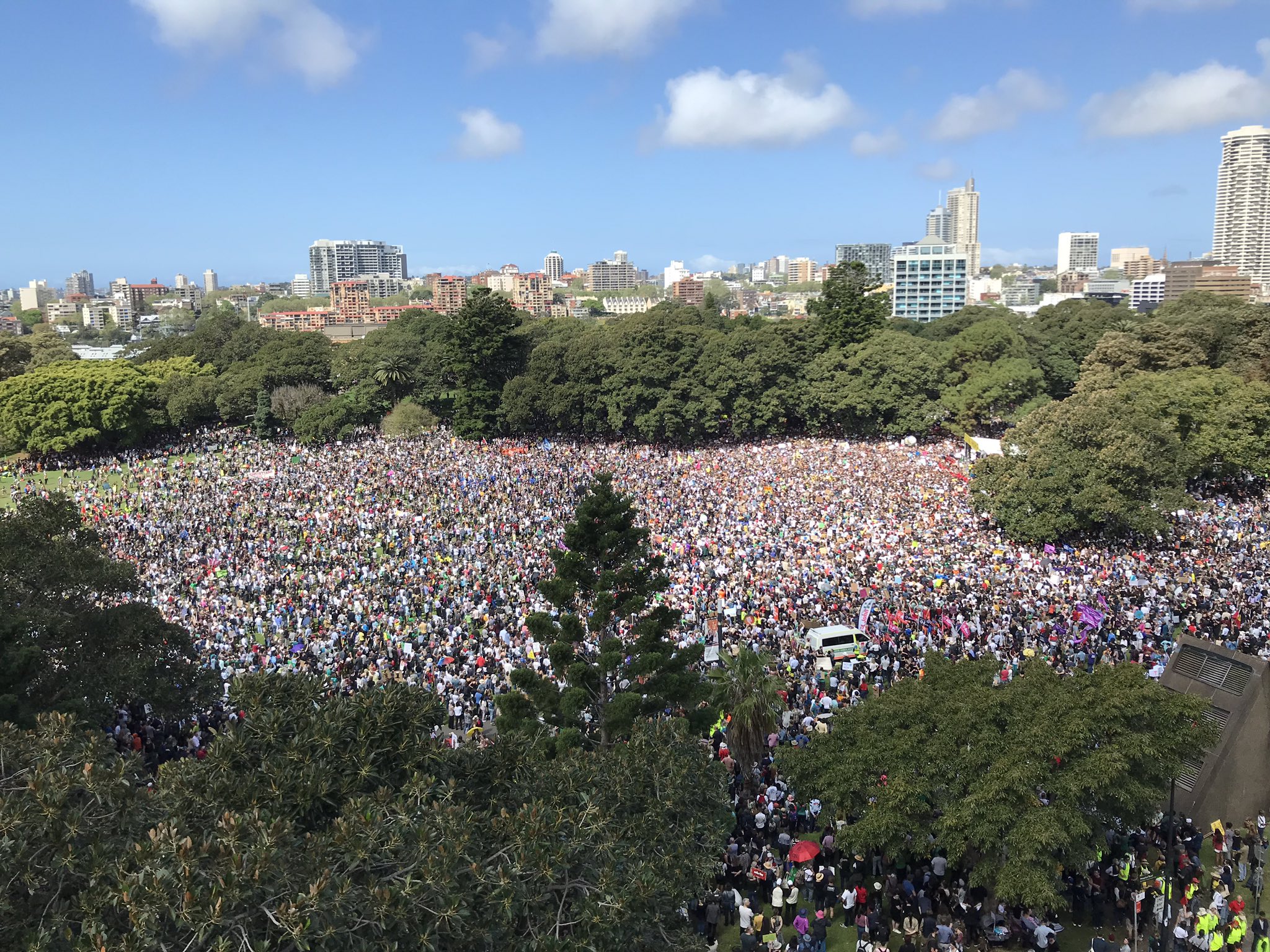We started this blog back in 2008 but okay, here we go:
DAVOS — The powerful momentum of the global sustainability movement, driven by a younger generation, can carry a new era of stakeholder-focused capitalism forward, according to business and financial leaders speaking at the World Economic Forum this week.
At a CNBC panel on “Conscious Capitalism,” anchor Karen Tso talked to two members of the Business Roundtable, Nasdaq CEO Adena Friedman and EY chief executive Carmine Di Sibio, who were among the 181 signatories to the organisation’s statement in August, committing to the purpose of a corporation being to serve all stakeholders: customers, employees, communities and suppliers, as well as shareholders.
Di Sibio said the younger generation of employees (and customers) was a huge driver of this shift in emphasis for businesses. He said: “This is about talent, and it’s coming from the bottom up. People want to know you have a plan around sustainability when they join your company. We hire from college campuses all over the world and it’s the number one thing they want to talk about, and they are going to create more and more pressure.”
Friedman agreed: “The young generation who were at school ten years ago at the time of the crash are now moving up through organisations and expecting more of their companies. Regardless of the economic backdrop, the next generation of workers will demand more of their companies. Investment in climate change and social good is not just a bull market phenomenon.
And just when you thought it was safe to go skiing in the Alps with your favorite, enlightened global tech elites, don’t forget to cross check The Evil List.










